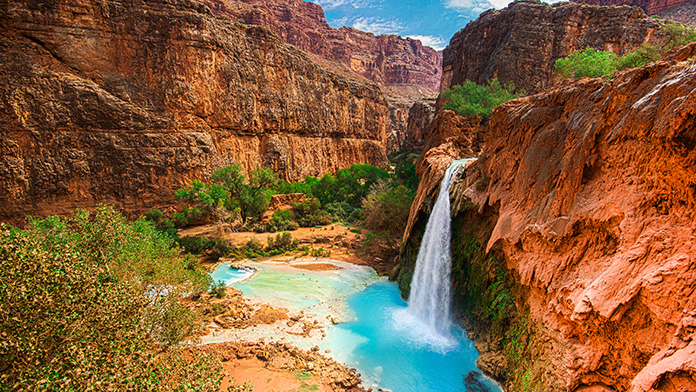Find Arizona NA Meetings Near You
- Find Arizona NA meetings or choose inpatient treatment
- Group therapy & support in AZ
- Private Addiction Treatment Programs Available
- Dual Diagnosis Treatment & Family Programs
- Arizona Substance Abuse Counseling for Your Recovery
- Available 24/7 To Take Your Call
408 NA Meetings in Arizona
Meeting
Date
Time
Other NA Meetings in Arizona
Learn More About NA Meetings in Arizona
What does it really take to change? For some, hitting rock bottom is the first step in the right direction—but for others, it doesn’t take absolute misery and near death experiences in order to realize that it’s time to make positive change. Regardless of what it takes for you to make the decision to get help, NA meetings are often the go to source for immediate support and help.
Arizona NA meetings are found in all major cities including Tucson, Flagstaff, Phoenix and Scottsdale. No matter where you live, many major cities as well as most small towns in Arizona are chock full of opportunities for immediate help. NA meetings throughout the state take place 7 days a week and are completely free to join.
What is NA?
Narcotics Anonymous is a fellowship group that is offered as a self-help support system for those who find themselves struggling with addiction to drugs such as cocaine, methamphetamine, prescription drugs or a range of other potentially dangerous and highly addictive substances. The program is based on 12 steps that were originally defined by the found of the first twelve-step program which was Alcoholics Anonymous.
Since AA was developed in 1939, a number of other twelve-step programs have since been developed to help those who are addicted. Narcotics Anonymous meetings in Arizona are just some of the many hundreds of thousands of 12-step meetings that take place across the country every, single day.
How NA Meetings in Arizona Help
If you’re addicted and looking for a way to stay sober, NA meetings can help you fulfill your sobriety goals by offering you a support system that prevents you from turning back to your previous habits. When you need a shoulder to lean on, your sponsor will talk with you and provide guidance or just a set of listening ears. When you need help dealing with an addiction specific problem, your sponsor and the rest of the group offer support and assistance. And, if you need help with other elements of your life which may contribute to a relapse, again the NA meeting group is there for you, to help, encourage and support you in your time of need.
NA meetings in Arizona take place daily, many times throughout the day, all over the state. Large cities such as Phoenix offer many meetings each day while smaller towns may only have a once daily group in which members can come together for support. Most NA meetings last about an hour but during this time the fellowship and support that is gained can be life-changing.
Why Choose NA?
If you’ve already tried to stay sober on your own, perhaps some added support can help? NA is your ideal choice if you’re ready to commit and looking for support along the way. Keep in mind that it may take more than one meeting to gain the full effects of the program and to feel comfortable in the program. Also, since there are so many NA meetings in Arizona to choose from, consider trying a few different meeting groups until you find a comfortable fit.
Arizona treatment
treatment approaches
-
Detox Phase
Many long term drug abusers avoid getting help because they’re afraid to suffer the mental, physical and emotional trauma of the withdrawal process—but there’s no need to fear. When detoxification is monitored by trained, clinical professionals, problems are minimized and comfort is maximized. Now is the best time rid your body of addictive substances once and for all.
-
Rehab Phase
After detoxification, you can move on to getting treatment with a clearer mind and stronger body. Rehabilitation structures your life around breaking free of addiction. Group, family, and individual therapy can uncover and address any co-occurring mental health issues that may be contributing to your addiction.
-
Recovery Phase
Being honest about yourself is the key to long-lasting recovery. Ongoing attendance at 12-step meetings is a great way to maintain sobriety by helping you continue to work on issues and build a support network to see you through hard times, so you can continue to live a happier, healthier, more fulfilled life.
With just one phone call, you will be connected to an informed operator with access to thousands of quality treatment centers, at no cost to you. We’ll help you review the options in regards to price, treatment types, and location.
Whenever you’re ready, we are here to guide you or your loved one onto the path towards long-term recovery.

